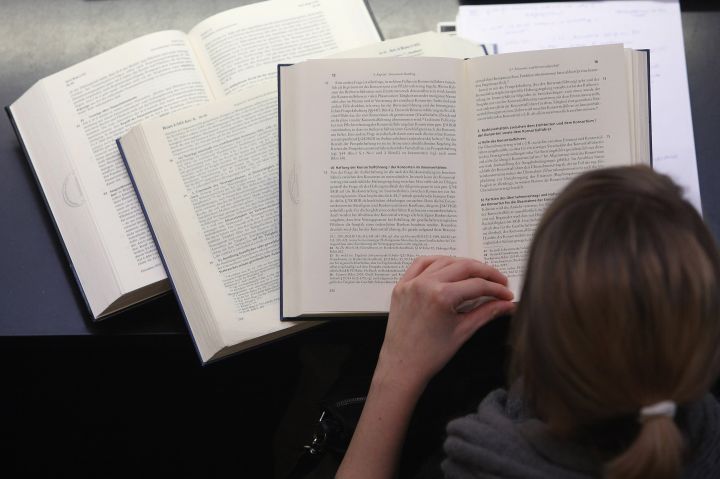With just several months to go before the provincial election, the Langara Faculty Association (LFA) is launching a campaign advocating for more student funding for colleges and universities across British Columbia.

The association said in the last 15 years, provincial funding per student has dropped by 20 per cent at Langara College.
LFA president Lynn Carter said the issue of under-funding of post-secondary institutions in B.C. has flown under the radar because of many pressing problems in other social sectors.
“We just want to bring this to people’s attention, so they can make an informed choice when they vote about who is going to be supporting post-secondary education in the province,” Carter said. “It is about trying to highlight what we think is a serious under-funding of post-secondary education.”
She said in the past, over 70 per cent of what it costs for a student to complete his or her education at Langara College was funded by provincial grants.
“Today, about 34 per cent of that cost is funded by public money. The rest of it is funded by tuition fees and other sources of revenue that the college has been able to generate. If that kind of trend continues, it won’t be a publicly-funded education system anymore.”
As the result, Carter said, they are forced to turn to students for tuition hikes.
“In a place like Vancouver, it makes it very difficult – a two per cent increase in tuition fees is impactful for students who live close the wire,” she said.
In fact, LFA says the financial stress on students is so great that Langara College has started a food bank on campus — something the college confirmed to Global News, saying the pilot program is in its second week to assess the need. Food banks operate at other post-secondary institutions around the province, including at the University of British Columbia and Simon Fraser University.
Carter says there are hardly any students who don’t hold some sort of a job to sustain their studies.
“It creates enormous stress and, of course, they graduate with a huge debt… If the government truly wants to implement its jobs plan, how are they going to assure that students have access to post-secondary institutions in order to ensure that?”
LFA says they want to see funding for public colleges and universities restored, so students pay for their education over a lifetime and not when they are making low wages and trying to study at the same time.
The #openthedoorsBC ads will be running from Feb. 20 to April 9 at 87 locations on buses and at transit stations across Vancouver.
Langara College says faculty associations are free to put forward their perspectives and share them with the community.
“We work with the government and it’s up to them to determine what funding they provide to post-secondary institutions through their budget process,” said Lisa Fisher, a communications officer with Langara College. “Our responsibility is to operate within that budget.”
In an email statement, Advanced Education Minister Andrew Wilkinson told Global News B.C. government has invested heavily in colleges, institutes and universities.
Wilkinson said the annual operating grant for Langara College has increased 32.3 per cent to $43.2 million in 2016-17 from $32.7 million in 2001-02.
“We have kept public post-secondary education affordable with a hard limit on annual tuition increases of two per cent for the past 12 years.”
Wilkinson also said students throughout B.C. consistently tell him that they are impressed with the quality of their education and feel that they are getting great value for their investment.





Comments